About Soft Skills Explained
Step up your game with Soft Skills Explained, an easy-to-understand guide to improving your people skills. This eBook shows you the power of soft skills, with practical tips to help you talk, listen, solve problems, lead, and adapt.
Learn why soft skills matter for your personal and work life. Boost your spoken and body language skills, and get better at using kind words and helpful feedback. Understand body language and how it adds meaning to your communication.
Dive into essential skills that help us connect and work better with others. Understand active listening, emotional intelligence, and problem-solving skills. You will also master practical techniques like SOLER for listening, emotional management for improved relationships, and SWOT analysis for tackling challenges.
‘...frontrunner in delivering top-tier digital business resources...’
‘...has been making waves with its flagship product...’
‘...consistent emphasis on simplifying complex business topics...’
‘...shaping the future of digital business learning...’
‘...valuable resource in the ever-evolving world of business education...’
Table of contents 
- Why Soft Skills Matter
- Definition of Soft Skills
- Soft Skills vs. Hard Skills
- Verbal Communication
- Key Elements of Effective Verbal Communication: Clarity, Brevity, Tone
- Improving Your Verbal Communication Skills
- Using Positive Language and Constructive Criticism
- Non-Verbal Communication
- The Role of Non-Verbal Communication
- Types of Non-Verbal Communication: Body Language, Eye Contact, etc.
- Interpreting Non-Verbal Cues
- Practicing Control Over Facial Expressions and Gestures
- Learning to Read Others’ Body Language Accurately
- Active Listening
- What is Active Listening?
- The Importance of Active Listening in Communication
- Techniques for Active Listening
- The SOLER Technique: Sit, Open Posture, Lean, Eye Contact, Relax
- Reflecting and Paraphrasing
- Asking Open-Ended Questions
- Providing Feedback
- Overcoming Barriers to Active Listening
- Emotional Intelligence
- Understanding Emotional Intelligence
- The Five Components of Emotional Intelligence
- Self-Awareness
- Identifying Emotions
- Recognizing Patterns
- Self-Regulation
- Managing Emotional Reactions
- Techniques for Emotional Self-Control
- Motivation
- Understanding Intrinsic and Extrinsic Motivation
- Role of Emotion in Goal-Setting and Achievement
- Empathy
- Understanding Others’ Emotions
- How Empathy Enhances Relationships
- Social Skills
- Building and Maintaining Relationships
- Navigating Social Dynamics
- Benefits of High Emotional Intelligence
- Developing Emotional Intelligence
- Strategies for Increasing Self-Awareness
- Techniques for Improving Self-Regulation
- Ways to Enhance Empathy
- Building Better Social Skills
- Self-Awareness
- Problem-Solving Skills
- Role of Problem-Solving in Daily Life
- Problem-Solving in the Workplace
- Understanding the Problem-Solving Process
- Types of Problem-Solving Skills
- Analytical Skills
- Creative Thinking Skills
- Decision-Making Skills
- Critical Thinking Skills
- Collaborative Problem-Solving Skills
- Problem-Solving Techniques
- Brainstorming
- SWOT Analysis (Strengths, Weaknesses, Opportunities, Threats)
- The Five Whys Technique
- Root Cause Analysis
- Leadership Skills
- Communication: The Foundation of Leadership
- Emotional Intelligence in Leadership
- The Ability to Inspire and Motivate
- Decision Making and Problem-Solving Skills
- Delegation and Empowerment
- Adaptability and Innovation
- Team Building and Collaboration
- Self-Assessment: Identifying Your Strengths and Weaknesses
- The Connection between Soft Skills and Leadership
- Leadership Styles
- Autocratic Leadership
- Democratic Leadership
- Transformational Leadership
- Transactional Leadership
- Servant Leadership
- Laissez-faire Leadership
- Delegation
- Identify the Right Tasks to Delegate
- Choose the Right Person
- Provide Clear Instructions
- Delegate Responsibility and Authority
- Set Expectations for Reporting
- Ensure Availability of Resources
- Use a Delegation Tool or Matrix
- Utilize RACI (Responsible, Accountable, Consulted, Informed) Matrix
- Monitor Progress, but Don’t Micromanage
- Provide Feedback and Reward
- Adaptability and Flexibility
- Open-Mindedness and Willingness to Change
- Resilience in the Face of Challenges
- Embracing Diversity and Inclusion
- Willingness to Learn New Skills
- Balancing Multiple Priorities
- Time Management Techniques
- The Eisenhower Matrix
- Pomodoro Technique
- Time Blocking
- Getting Things Done (GTD)
- The 80/20 Rule (Pareto Principle)
- SMART Goals
- Batching
- The 2-Minute Rule
- The Kanban Method
- Eat the Frog
- Conclusion
63 Products Included
All Products Special
Order our bestselling business bundle now and save a whopping $4,269 compared to buying each product separately.
Risk-free Purchase: Full refund within 14 days
Safe and Secure Checkout

This is our LOWEST PRICE EVER - don’t miss out!

Testimonials 
97%
Exeptional feedback from our readers


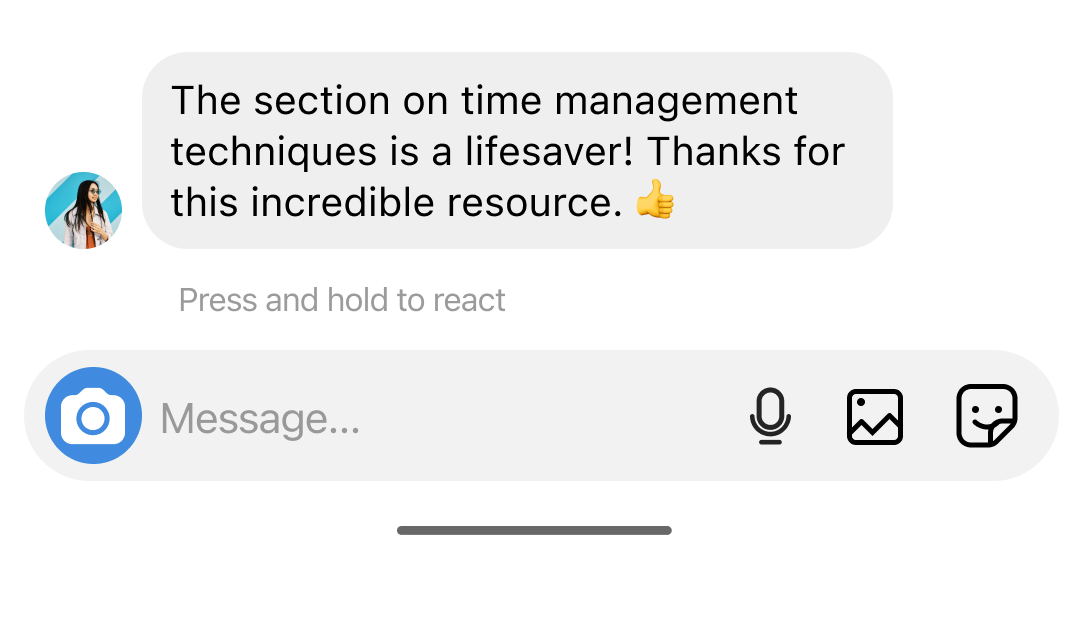



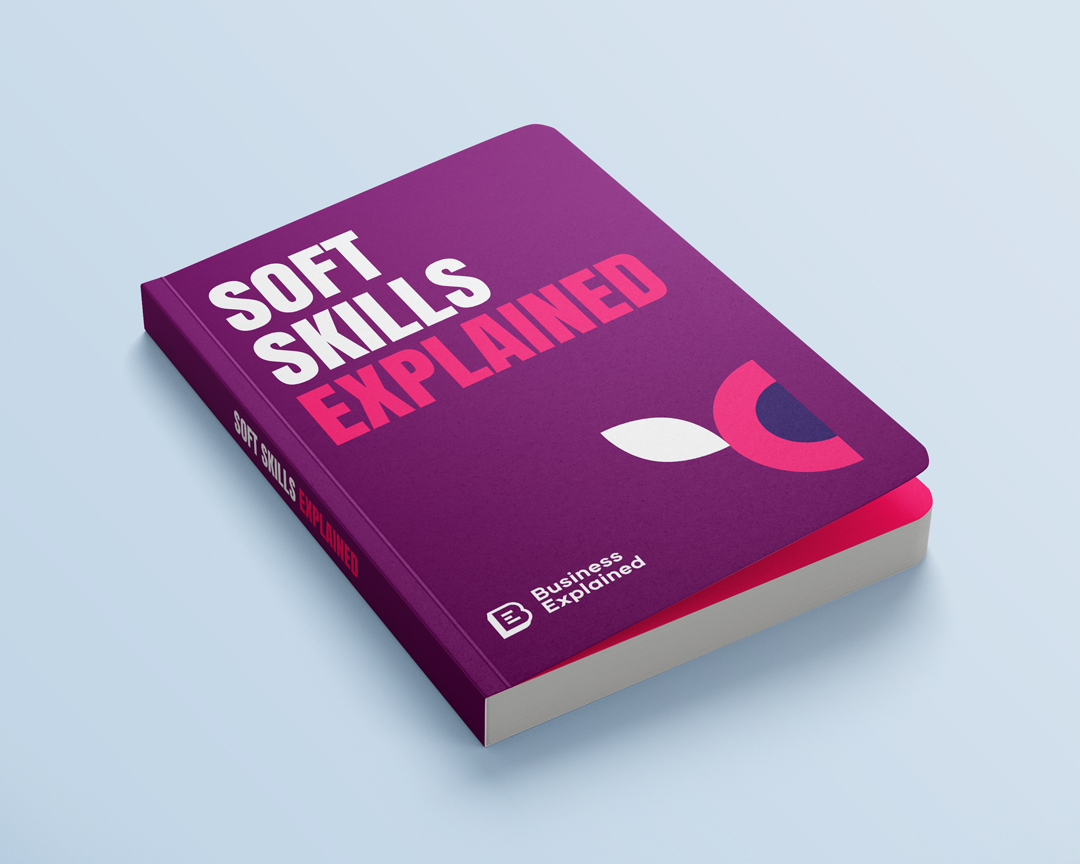
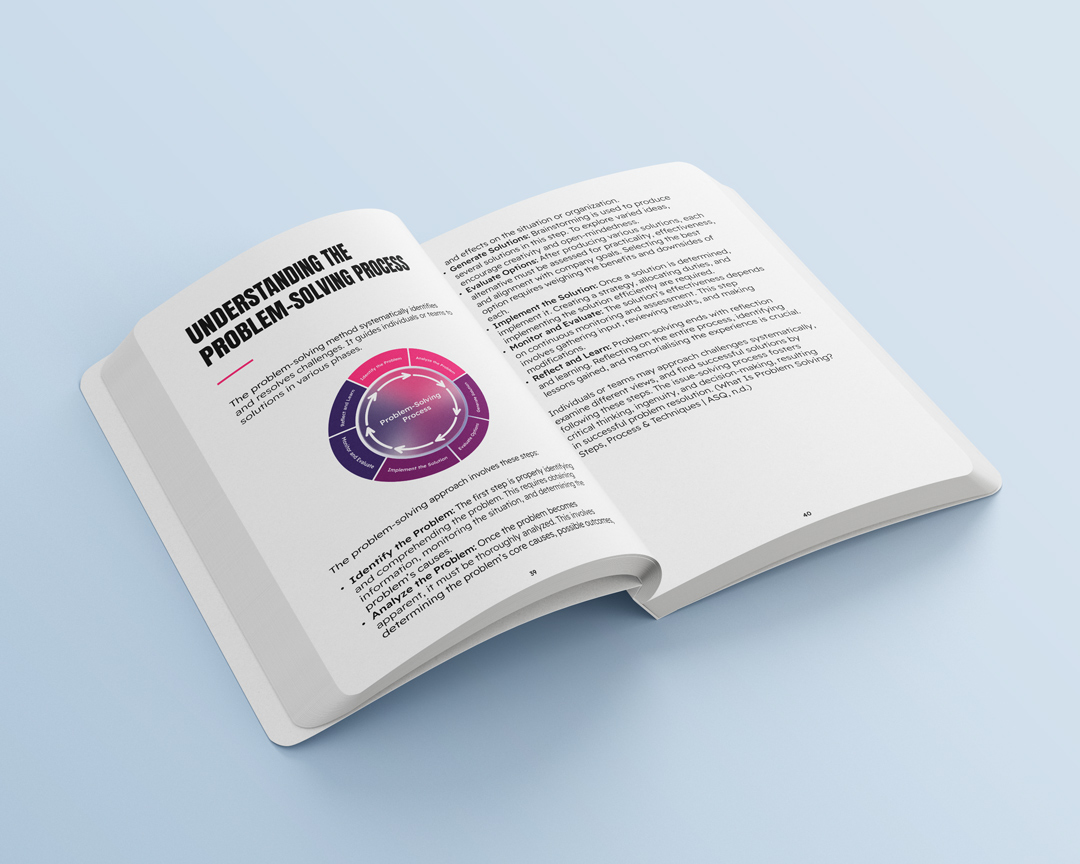

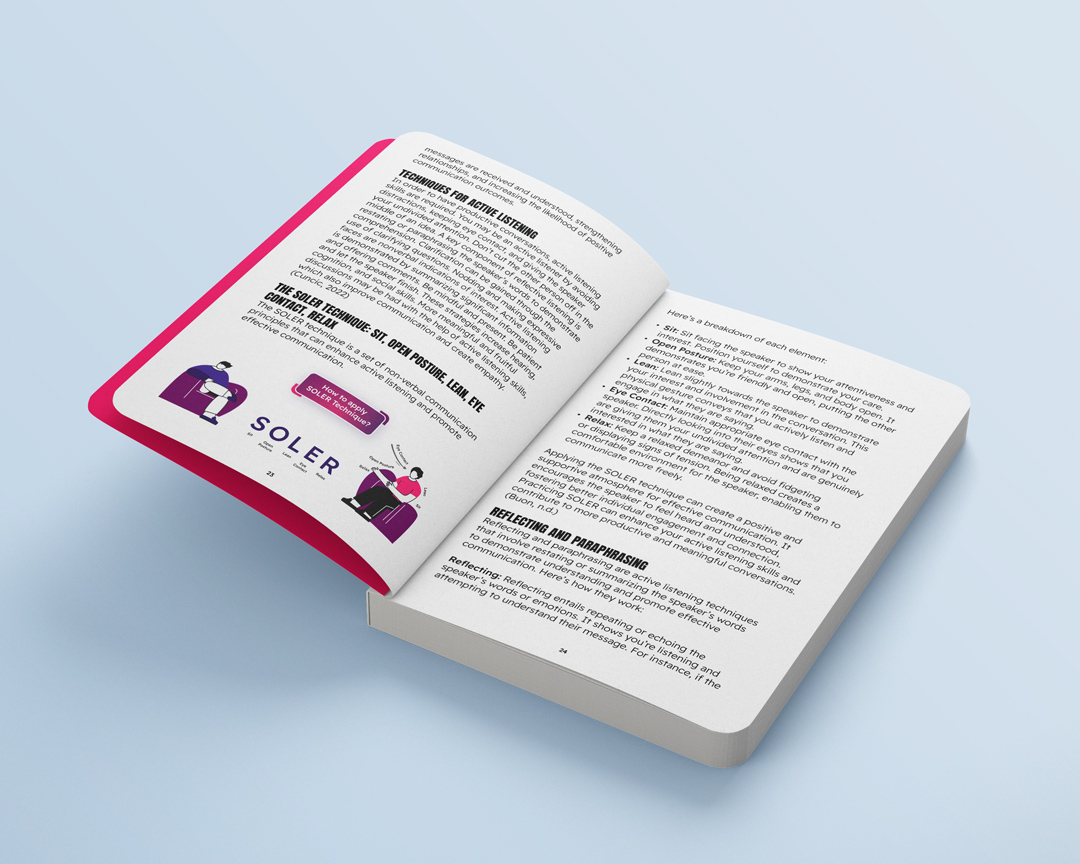


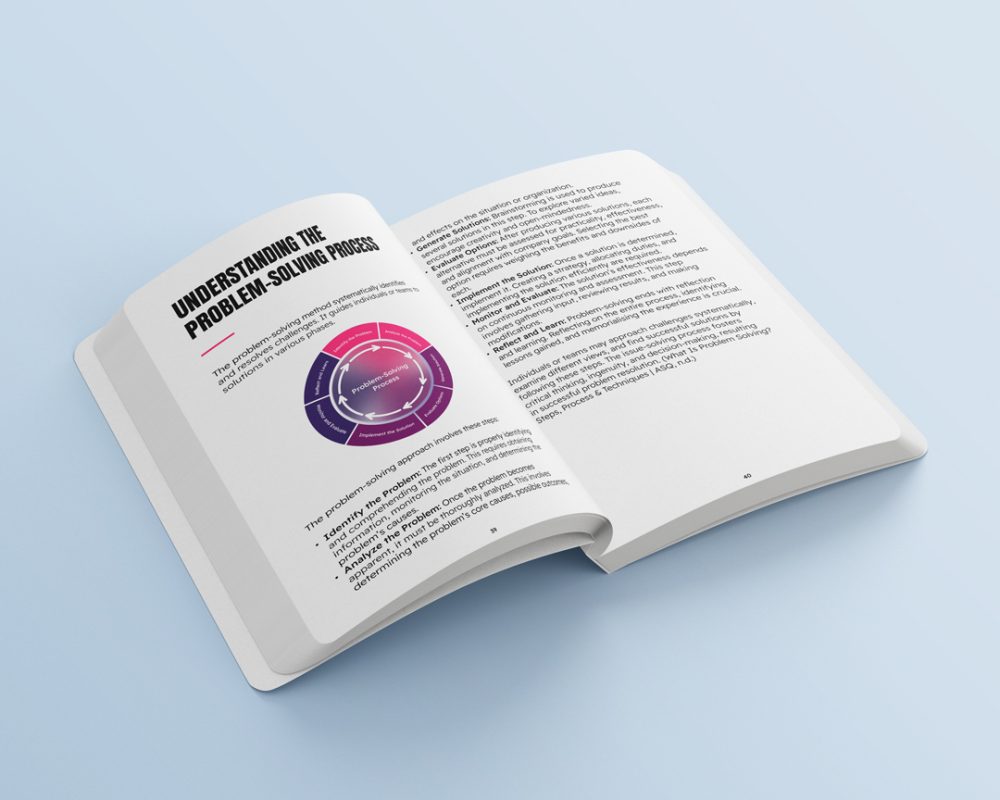

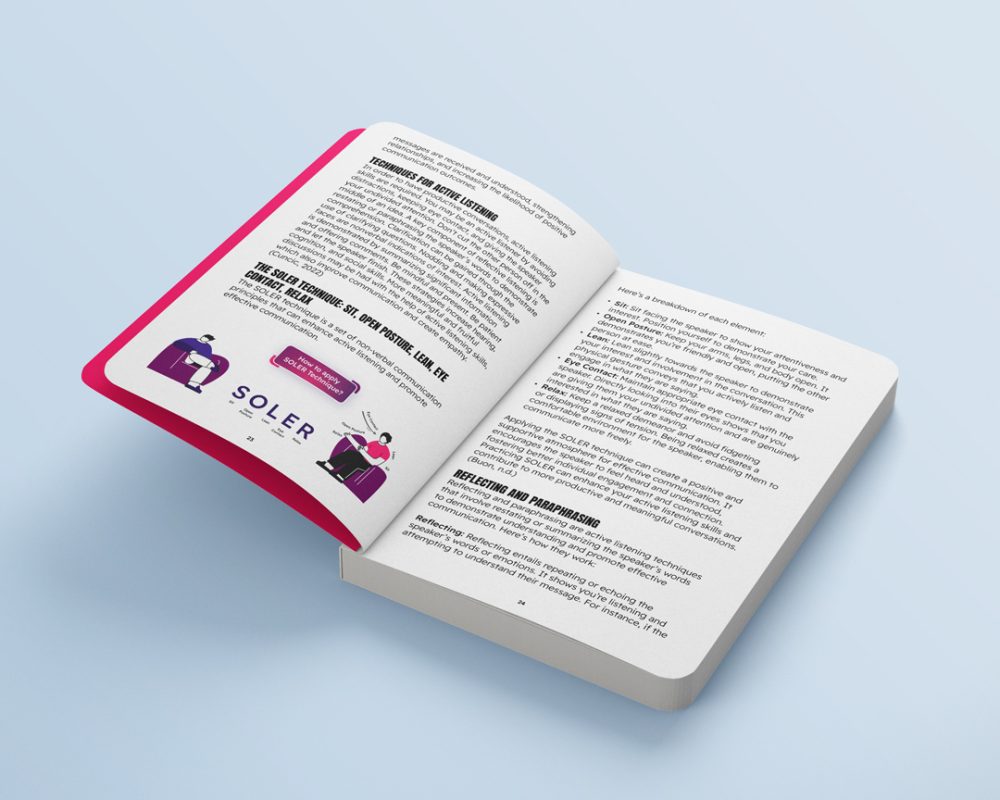


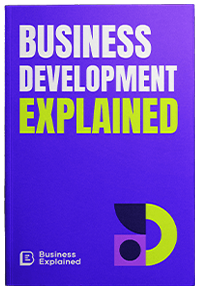
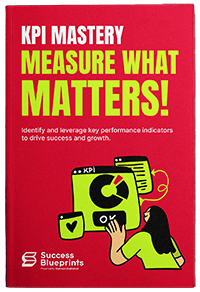

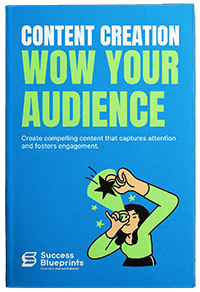
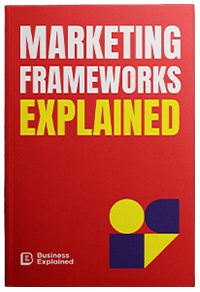
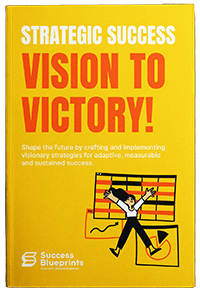
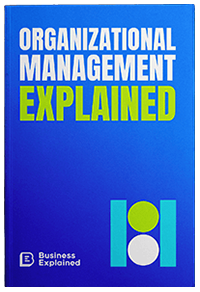
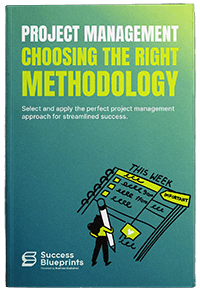
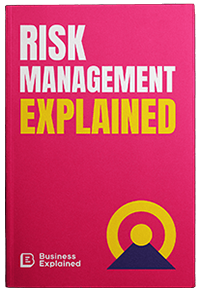
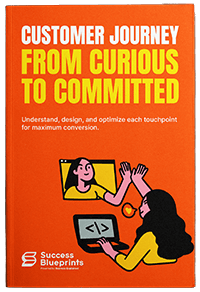
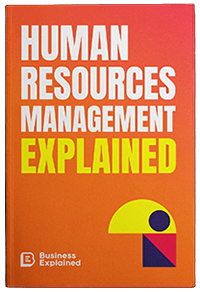
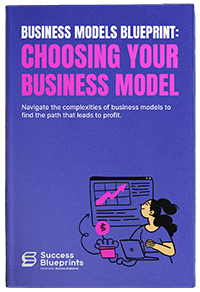
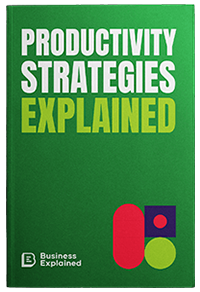
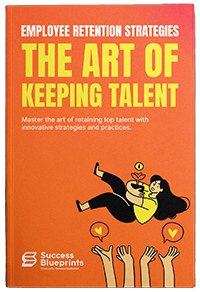
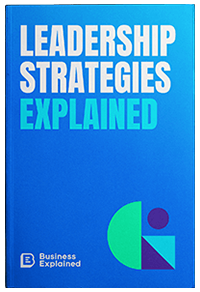

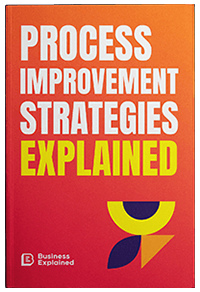
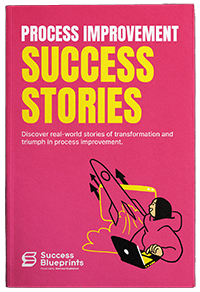

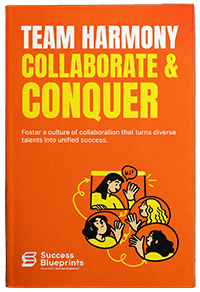
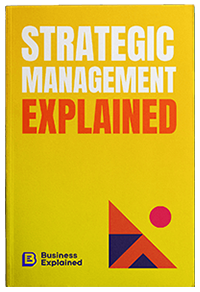






 Risk-free Purchase: Full refund within 14 days
Risk-free Purchase: Full refund within 14 days Safe and Secure Checkout
Safe and Secure Checkout








